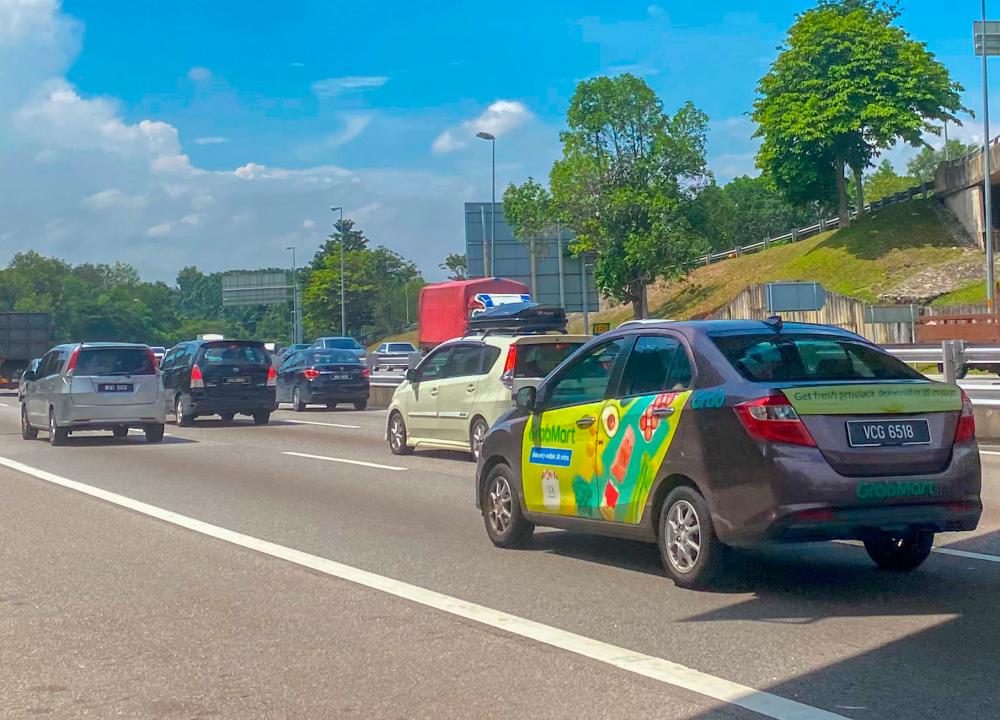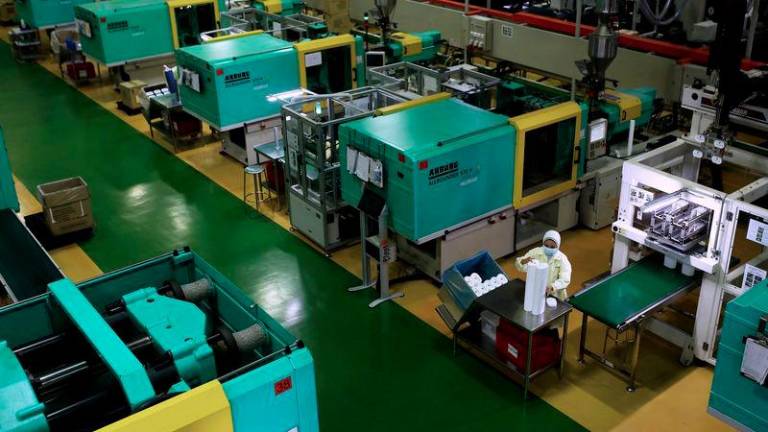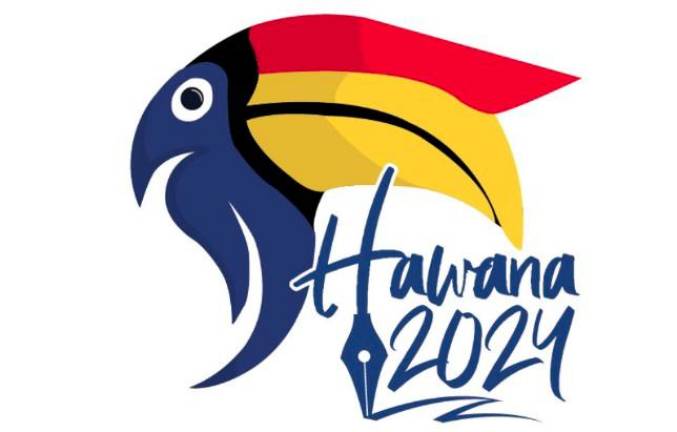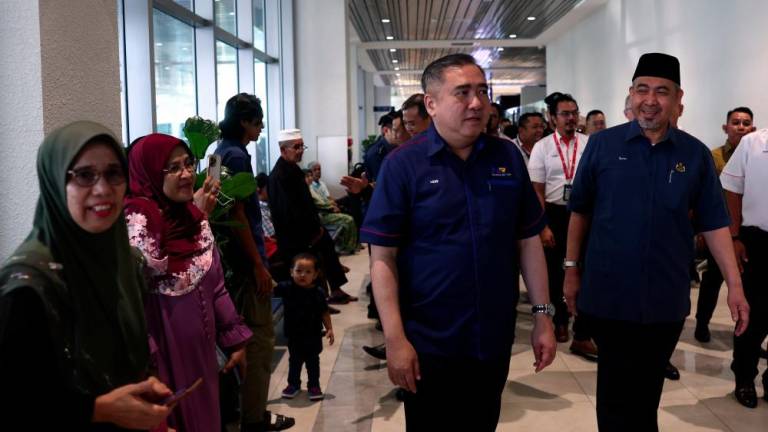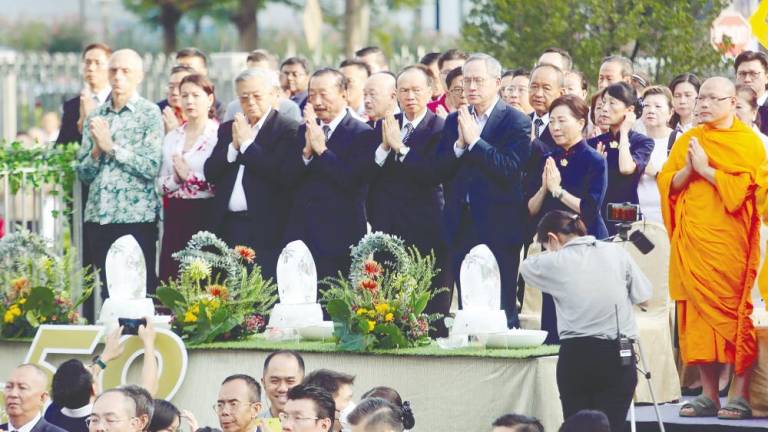PETALING JAYA: The Consumers Association of Penang has called on e-hailing company Grab to rework its pricing mechanism during peak hours when fewer drivers are available.
Its president Mohideen Abdul Kader was commenting on complaints that Grab drivers were turning off their ride-hailing app because of traffic congestion during peak hours, despite receiving incentives to drive, which they feel are insufficient compensation for being stuck in traffic.
Grab Drivers Malaysia Association president Arif Asyraf Ali confirmed that 30% to 40% of its drivers choose not to respond to requests during certain hours of the day.
This is because doing so can mean getting caught in traffic congestion lasting more than an hour.
“The bumper-to-bumper traffic is too much, even in the afternoon. It is getting worse by the day.
“And because there are fewer drivers now due to the Covid-19 pandemic the past two years, the active ones have to drive farther to pick up passengers. This costs us more in fuel, and getting stuck in traffic makes our situation worse,” Arif said.
He disclosed that there was a 30% shortage of drivers.
They used to number between 70,000 and 80,000 but now, there are only 50,000 to 60,000 of them, he told theSun.
While Mohideen said it was not unethical for Grab drivers to turn off the app during peak hours, since the job does not come with a fixed salary, it is incumbent upon the company to rework its pricing system so that consumers do not have to pay exorbitantly when fewer drivers were working.
“Furthermore, Grab should consider its drivers’ concerns and strategise how to adequately compensate them. Perhaps then, more drivers would be willing to work during peak hours,” he said.
Grab told theSun it has not made any changes to its fare structure and maintains a dynamic pricing model to ensure passengers get a ride when they need one, and that its driver-partners are compensated fairly for their time and efforts.
“When there are a lot more people booking a ride than the number of drivers available in a particular area, fares will surge to encourage more drivers to head to where the passengers are,” the company explained.
Grab said it has observed a large increase in traffic congestion recently.
This increased fuel consumption and the time needed to serve each ride, while simultaneously reducing the capacity of drivers to serve more people, the company added.
“As of mid-May this year, the number of driver-partners on our platform was still less than 70% of what it was pre-pandemic.”
Grab said it has increased incentives for its drivers to ply the roads during peak hours and has implemented several steps to raise their numbers.
For instance, it will subsidise 100% of its drivers’ regulatory compliance costs and offer referral bonuses of up to RM300 to existing drivers for recruitment purposes.
“We will also be offering a bonus of up to RM1,000 to any Malaysian who gets recruited as a driver on our platform and assist new drivers to navigate through various regulatory processes like medical check-ups, training, exams, vehicle inspection and licensing,” the company said.



